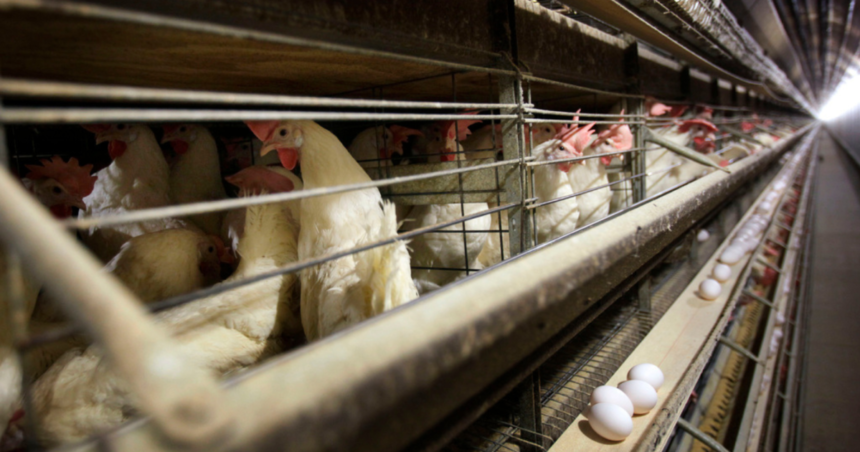With summer approaching, state and county fairs are on the horizon, offering a chance to indulge in the finest food and agriculture your state has to offer. Interacting with cows, chickens, goats, and other animals is a significant part of the festivities.
However, this year, you may notice an increase in protective measures due to the ongoing spread of bird flu infections among cow herds nationwide. Health officials are working to contain the H5N1 bird flu that has been affecting dairy cows across the country.
The CDC has reported over 100 cases of bird flu in dairy cattle herds in several states since March. While the disease primarily spreads among animals, it has also infected four humans in the U.S. so far, all of whom had contact with infected cows or poultry.
Federal health officials have stated that the current risk to humans is very low.
Related story: Person in Mexico died of a bird flu strain that hadn’t been confirmed before in a human, WHO says
Experts warn that due to inconsistent testing practices across the country, there is a heightened risk of the disease spreading further at state fairs through farming equipment and visitors. Dr. Peter Chin-Hong, an infectious disease specialist, explains that humans can inadvertently transmit H5N1 to other animals through soil contamination.
Some counties have decided not to showcase cows at fairs, while certain states are implementing requirements for animal and milk testing along with vet inspections for individuals bringing lactating dairy cows to fairs and exhibitions.
“It’s advisable to avoid unpasteurized cheese or raw milk from state farms,” cautions Dr. Chin-Hong. He also stresses the importance of handwashing and notes that the risk of infection for humans is minimal unless there is prolonged contact with a sick animal.





